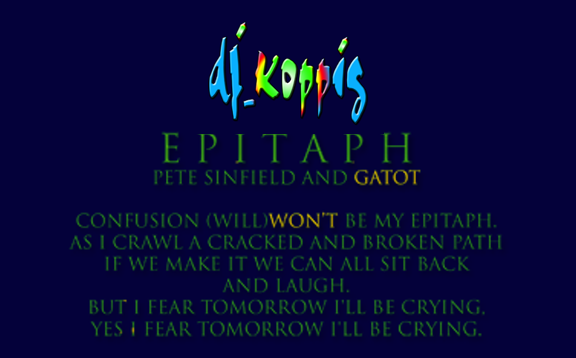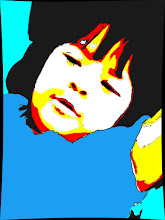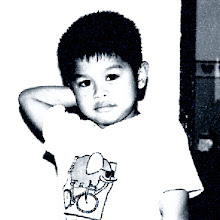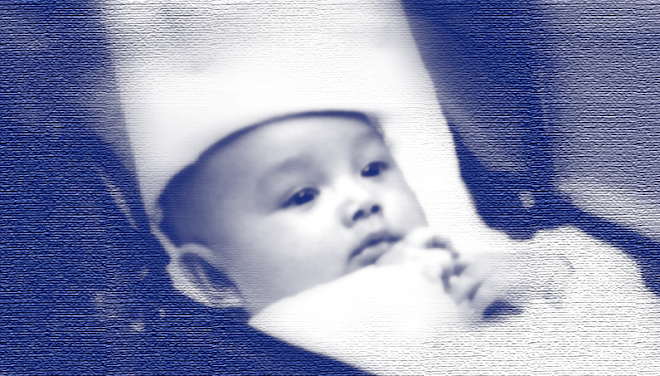Peter Gabriel - (15-03-1977)
Live Music Hall - Cleveland

The tempest had died down. It was done. Peter Gabriel had left Genesis in 1975 after The LAMB LIES DOWN ON BROADWAY tour and was now about to embark upon a whole new venture as a solo artist. Phil Collins was the new lead singer of the band Gabriel had left behind, and with the albums A TRICK OF THE TAIL and WIND AND WUTHERING, both released in 1976, Genesis were enjoying new levels of success in album sales and concert attendances. This prompted mixed feelings for their ex-frontman, as he would later explain: “It felt kind of strange for me. I mean, I was very happy for the guys because I knew they could make it without me but it’s strange how the way people feel about you can change so fast. When I was with Genesis, just because of the costumes and the stage shows, people assumed that I ‘was’ Genesis, that I was doing everything, which was a faulty vision that I constantly fought to dispel. But when I had left and the band was reaching new heights, people started to assume that I had done nothing, which was a bit ego-bruising, to say the least !”…
With that in mind, Peter Gabriel now had to prove that he could stand alone and create his own musical world. No easy task after such an incredible run with as great a band as Genesis was then, but Gabriel was never a man to shy away from a challenge From the very start, he knew that he had to be as different from Genesis as possible, Both musically and visually - no more long and syncopated musical suites, no more batwings and flower masks. The last months of 1975 and the first half of 1976 were spent at his home in England, resting with his family and slowly writing new material on the piano. Having dug deep into his own musical background, he created a very special collection of songs, each of which had a distinct personality of its own, and he set about recording his first solo album. In an effort to get away from the archetypal ‘English’ rock sound, Gabriel sought the help of American producer Bob Ezrin, well known for his work with Alice Cooper and Kiss. Most of the resulting album was recorded at Soundstage studio in Toronto, Canada. Ezrin’s involvement in the project undoubtedly helped bring forth the raw sound that Gabriel was looking for, but it was the choice of musicians in his new recording band that would ultimately make this first solo album such a departure from Gabriel’s previous recorded work.
Steve Hunter’s harsh guitar licks and Allan Schwartzberg’s heavy drums were as far removed from the Hackett-Collins combination as could possibly be imagined, while Larry Fast’s discrete synthesizer work couldn’t be further away from Tony Banks’ huge presence on the keyboards. Add Tony Levin, an amazing bass player with a unique style of his own, and the brilliant ex-King Crimson guitarist Robert Fripp (who would insist on staying in the shadows, both on the album and the ensuing tour when he was referred to only as ‘Dusty Rhodes’), and you have all the elements needed to create an album as different from Genesis and progressive rock in general as a fly is from a windshield ! To further accentuate the contrast, Gabriel would also bring in orchestral arrangements for one of the songs, another first for the ex-Genesis angel. One could still hear vague musical remnants of Peter’s days with Genesis in songs like “Moribund The Burgermeister” and “Down The Dolce Vita”, but for the most part, this first solo effort was very fresh in its overall approach and it came as a delightful surprise to Peter Gabriel fans the world over. The advertising campaign which accompanied the release of the album in February 1977 advised listeners to ‘Expect The Unexpected’. Wise words indeed.
With the album and first single “Solsbury Hill” achieving deserved success, March 1977 saw Gabriel taking his new music out on the road. Electing to avoid using costumes and elaborate stage choreography, Gabriel’s voice, body and music would now be the only weapons he would use to try and conquer a whole new audience. The set list consisted of the new album in its entirety, along with early versions of new songs that would later appear on his second album, and even a few covers. By the time the tour reached the UK, the following month, “Why Don’t We?” had been dropped from the set, never to reappear live or in a recorded version.
Was the surprisingly heavy interpretation of Genesis’ “Back In NYC” as an encore a concession to his older fans ? Only Peter could tell us but after playing “The Lamb Lies Down On Broadway” on the 1978-79 tour for his second album, no more Genesis song would ever be included in the set list of a Peter Gabriel show. The man was intent on making it on his own ! And it all began with the 1977 tour for his first album, from which we proudly bring you this exceptional recording of what was only Gabriel’s sixth ever solo performance. We most certainly hope that you are going to enjoy it as much as we do.
Peter Gabriel - (15-03-1977) Live Music Hall - Cleveland
CD101 Here Comes The Flood (Piano Version)
02 On the Air
03 Moribund The Burgermeister
04 Waiting For The Big One
05 A Song Without Words
06 Excuse Me
07 Solsbury Hill
08 Ain't That Peculiar
09 Why Don't We
10 Humdrum
11 Peter Talking
12 Slowburn
13 All Day And All Of The Night
CD2
01 Here Comes The Flood (Band Version)
02 Modern Love
03 Band Introductions
04 Down The Dolce Vita
05 Back In N.Y.C.
06 Peter Gabriel Interview-Piccadilly Radio (April 1977-Manchester,UK)
Line up :
- Peter Gabriel – vocals, keyboards, flute, recorder
- Allan Schwartzberg – drums
- Tony Levin – bass, tuba, leader of the Barbershop Quartet
- Steve Hunter – electric, acoustic & rhythm guitar, pedal steel
- David Rhodes (aka-Robert Fripp - Guitars & Effects)
- Phil Aaberg - Keyboards and Backing Vocals
- Larry Fast – synthesizer, programming
- John Maelen - Percussion and Backing Vocals

.jpg)















2 comments:
http://rapidshare.de/files/36834286/pg_-_1977_1.rar http://rapidshare.de/files/36866897/pg_-_1977_2.rar http://rapidshare.de/files/36872275/pg_-_1977_3.rar
I think this is the same show that I have on tape sans the interview.
Post a Comment